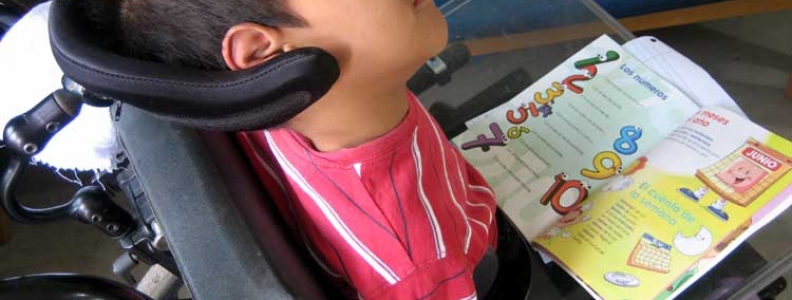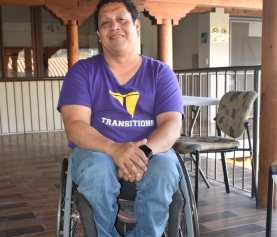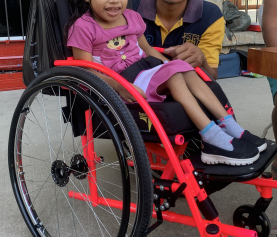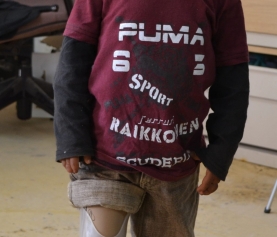Many of us do not retain the key concepts and bold lettering that were force fed throughout our education. We purged the Psychology 101 terminology immediately after the test to preserve cerebral file space for the more applicable. Last week, however, the staff at Transitions was reminded of the purchasing power of American money as $36 bought far more than Spanish books.
Transitions Foundation’s classroom in rural Guatemala offers children with physical and learning disabilities opportunities that would otherwise not be available. Without the special education option, families would keep the kids at home, severing the likelihood of ever reading a book, understanding multiplication, or speaking proper Spanish. Cases like these show how easily one can join the less fortunate side of the literacy coin flip, as roughly half of the population is illiterate.
It can be difficult to grasp the idea of a citizen unable to comprehend their national language. In many rural Guatemalan homes, though, Spanish is not only a second language, but is passed from a generation that received even less schooling so that verbs are conjugated incorrectly and nouns change depending on the regional dialect. Teachers must battle the lessons learned at home, a struggle that is underfinanced and resource-scarce.
That back story is how I found myself standing in a local bookstore with the ecstatic teacher, Edson, and a fresh ATM receipt. $36 (USD) bought 10 Spanish language textbooks, five whiteboard markers, and the chance for students with disabilities to become functioning and successful members of society. I’m not preaching, because I’m just as reckless with money, but think of the last time you spent 30 bucks. Yeah, I know. I realized the same thing.
“Wal Mart in the capital city sells even less expensive textbooks to help the kids practice addition and learn subtraction,” said Edson, as we walked back to the office. “Do we have enough money for those books too?”
“Of course.”
Andy Garberson
Transitions Foundation







